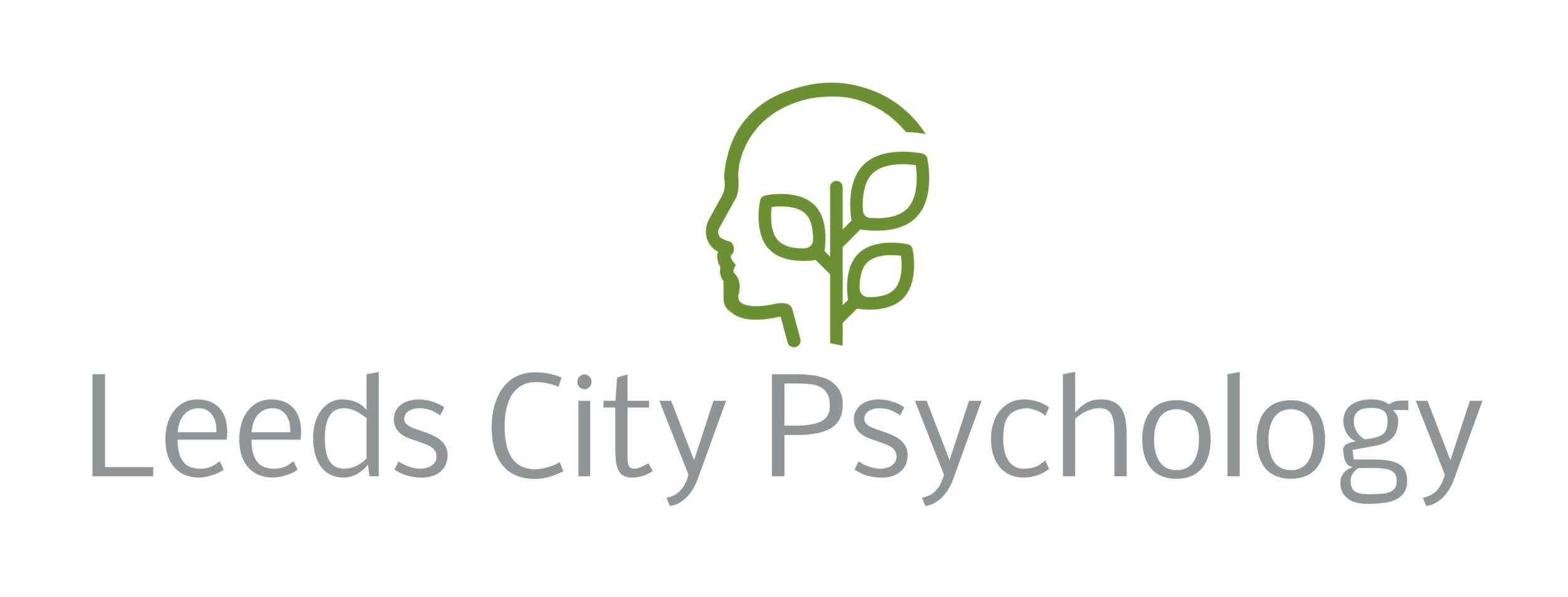
You’re in great hands
Your Psychologist is trained at Doctoral level, the highest rank within the profession. This ensures that they are highly trained and experienced in providing therapy. Additionally, this practice abides by ethical standards set by the British Psychological Society and the Health and Care Professions Council UK. This way you can be reassured the treatment you are receiving is ethical and evidence based.
All clients are made to feel welcome, safe, and taken care of. During your first visit, a review of your difficulties and relevant history will be made. From there, your Psychologist will explain any issues and guide you through therapy options. We typically proceed with sessions the following week at a time that is most convenient for you. All sessions are 50 minutes long and cost £85 per session. Your first appointment is £50 and non binding.
Some of the models used in therapy are explained below although this list is not exhaustive of the techniques used. Often these and other types are tailored to suit your individual needs and preferred style of contact.
Cognitive Behaviour Therapy (CBT)
According to CBT approaches, our emotions are a reflection of our thoughts. We tend to create a lot of emotional pain through mental projection. As such, if we gain awareness of our distorted thinking and their source we can begin to change them and therefore feel better emotionally. In CBT the therapist and client work in collaboration to gain an understanding of the problem and what caused and maintains it. This is done by creating a formulation of the presenting issues. The formulation not only sheds light but also provides a rationale for the selection of appropriate intervention techniques.
Behind emotional difficulties lie a stream of negative thoughts that seem to arise spontaneously. In CBT these are called ‘automatic thoughts’ and they usually fall into three categories: ideas about ourselves, the world and/or the future. By learning how to identify and re-evaluate these thoughts we can begin to think more realistically. This leads to feeling better emotionally as we have updated old and often painful perceptions.
Intervention involves coaching clients to replace problematic habits with more adaptive ways of thinking, feeling, behaving and interacting with others. This coaching process is based on the principles of learning theory. Through careful interviewing and observation the small habitual constituents of a psychological disorder are identified. Interventions are usually aimed at altering antecedents that signal the onset of problematic thoughts, feelings and behaviour so that more adaptive alternatives can develop.
Mindfulness
Mindfulness is recommended by the National Institute for Health and Care Excellence (NICE) as a way to prevent depression in people who have had longstanding bouts of depression. It has been described as the awareness that arises from paying attention in the present moment non judgmentally. One method of practicing mindfulness is via meditation where by focussing on the breath and cultivate attention on the body and mind as it is moment to moment, pain can be alleviated. This can be challenging as thoughts and emotions can often create internal turmoil however, this is a skill that can be easily mastered once we know how. These skills can be taught by Leyla in a way that feels simple yet profound in terms of shifting emotional and physical states. We can find the place within ourselves that is at peace and joyous. This is one of those things that feels easy and familiar once we know how as it is our natural state of being.
EMDR
EMDR is recognised by the National Institute for Health and Clinical Excellence (NICE) and the World Health Organization as a treatment of choice for post-traumatic stress disorder. The therapy involves the identification of unprocessed traumatic or other distressing experiences that are continuing to drive an individual’s psychological disturbance. The client is asked to recall the worst aspect of the memory together with the accompanying currently held negative cognitions and associated bodily sensations. Simultaneously they are directed to move their eyes from side to side, or employ some other form of bilateral stimulation. The effect is to desensitise the client to the distressing memory but, more importantly, to reprocess the memory so that the associated cognitions become more adaptive.
Psychodynamic Psychotherapy
Psychodynamic psychotherapy refers to a range of treatments based on psychoanalytic concepts and methods. The aim of these are to explore aspects of our self that are unconscious to us especially as they manifest in our relationships including the therapeutic relationship. For instance, we all have ways that we avoid difficult feelings whether knowingly or unknowingly. In psychodynamic psychotherapy these are referred to as Defence mechanisms and an exploration of these are made in order to overcome them.

